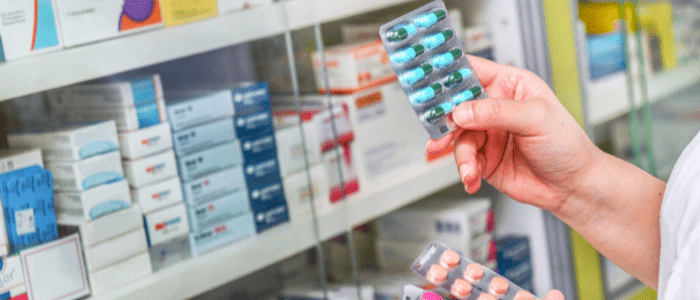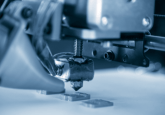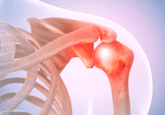Novel 3D-printing method a step towards personalized medications

A team of researchers from the University of East Anglia (Norwich, UK) and Loughborough University (Loughborough, UK) have developed a method of 3D printing medicines that can control drug release kinetics, paving the way for personalized medicines through 3D printing. A porous tablet was manufactured utilizing a novel 3D-printing method involving hot-melt droplet deposition – Arburg plastic free-forming – in order to study porosity effects on in vitro drug release. The method does not involve filaments, allowing for the creation of pores that can swell and erode; through the interplay and dynamics of the tablet’s porosity caused by this swelling...





